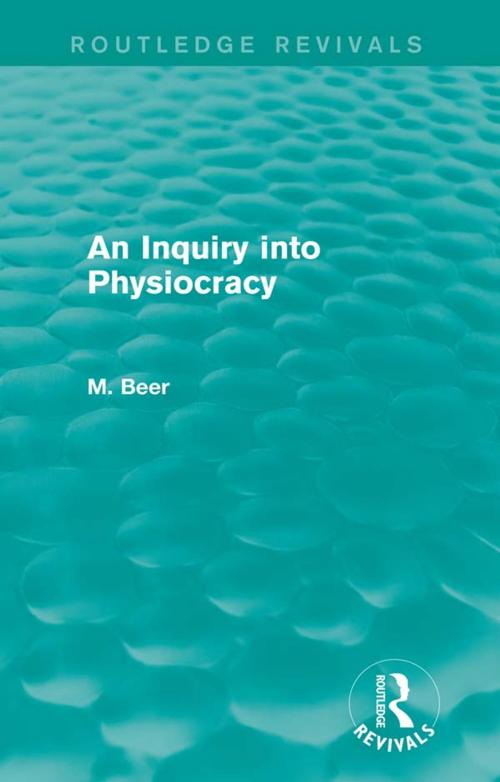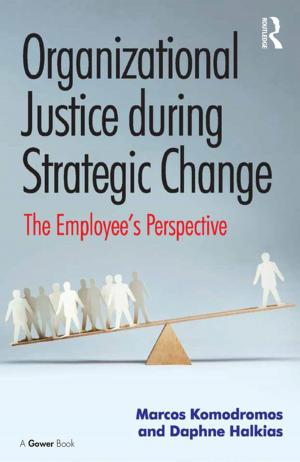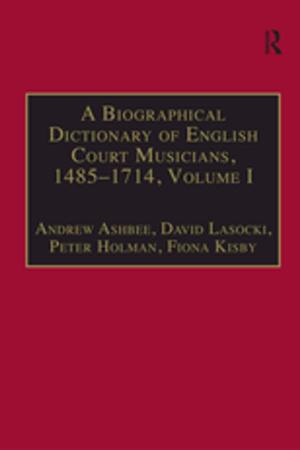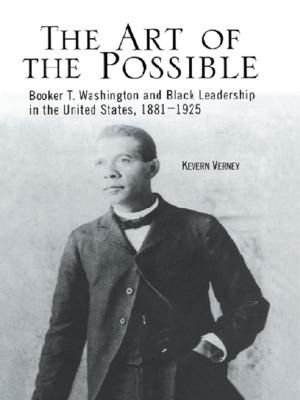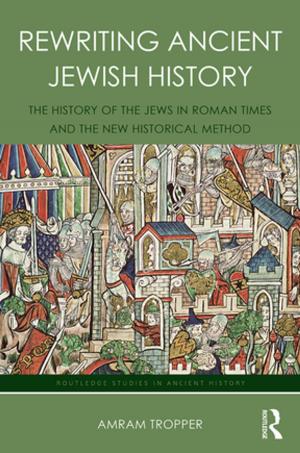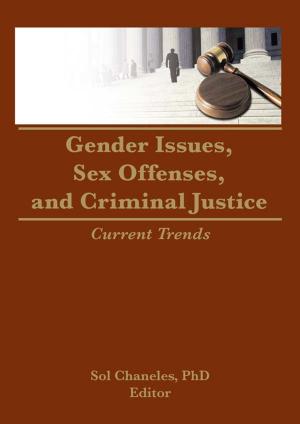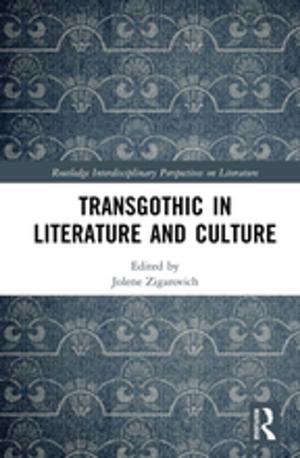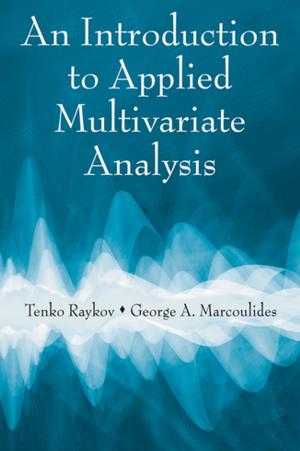An Inquiry into Physiocracy (Routledge Revivals)
Business & Finance, Economics, Theory of Economics, Economic History| Author: | Max Beer | ISBN: | 9781317674689 |
| Publisher: | Taylor and Francis | Publication: | May 1, 2014 |
| Imprint: | Routledge | Language: | English |
| Author: | Max Beer |
| ISBN: | 9781317674689 |
| Publisher: | Taylor and Francis |
| Publication: | May 1, 2014 |
| Imprint: | Routledge |
| Language: | English |
The common understanding of physiocracy – the school of eighteenth-century political economy associated with thinkers such as Boisguillebert and Quesnay – is often confined to the view that it considered agriculture the only source of wealth, and manufacture, trade and export as unproductive. The limitations of this view are particularly acute for those wishing to chart the ancien régime as it approached 1789.
First published in 1939, this study attempts to answer such questions as: What is the meaning of physiocracy? What is the provenance of its various doctrines? What were its ultimate intentions? For many it is unclear how the physiocrats could expound such views against all the arguments employed by their opponents: particularly so given that, among them, were men revered by the likes of Adam Smith, either as profound thinkers, such as Quesnay, or as statesmen, such as Turgot.
The common understanding of physiocracy – the school of eighteenth-century political economy associated with thinkers such as Boisguillebert and Quesnay – is often confined to the view that it considered agriculture the only source of wealth, and manufacture, trade and export as unproductive. The limitations of this view are particularly acute for those wishing to chart the ancien régime as it approached 1789.
First published in 1939, this study attempts to answer such questions as: What is the meaning of physiocracy? What is the provenance of its various doctrines? What were its ultimate intentions? For many it is unclear how the physiocrats could expound such views against all the arguments employed by their opponents: particularly so given that, among them, were men revered by the likes of Adam Smith, either as profound thinkers, such as Quesnay, or as statesmen, such as Turgot.
